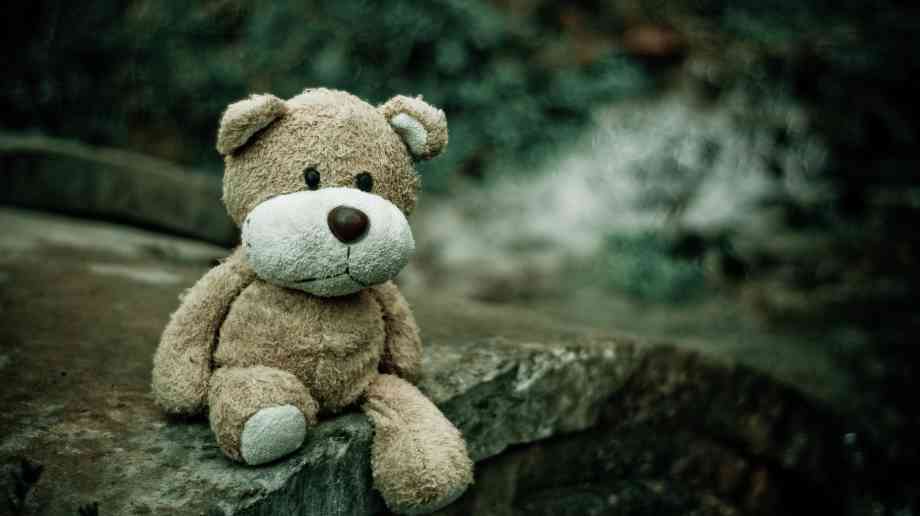Sue Robb of 4Children talks to Julie Laughton and Alison Britton from the Department for Education about the role of childminders in delivering the 30 hours free entitlement.
Devastating impact of coronavirus on children’s services

A number of charities have argued that local authority children’s services have been reduced to crisis-driven firefighting as a result of years of under investment.
New analysis by The Children’s Society, Barnardo’s, Action for Children, NSPCC and the National Children’s Bureau reveals the true impact of a ‘toxic cocktail’ of cuts and a soaring demand for help.
They say that, since 2010, local authority budgets have been so squeezed that councils can only afford to get involved when children have reached crisis point and need costly interventions, like being taken into care. Available funding for children’s services has fallen by £2.2 billion between 2010/11 and 2018/19. At the start of the decade, late intervention, including child protection teams and youth justice services, accounted for 58 per cent of local authority spending on children and young people’s services. This had risen to 78 per cent by 2018/19.
Just how these already overstretched services will cope after the coronavirus crisis, with a crippling spike in demand expected, is now being asked as the true extent of the devastation caused by the pandemic becomes apparent.
The charities stress that councils are in a Catch 22 situation because while they know the best long term option is to invest in early intervention services, like children’s centres and youth workers, they cannot afford to do this. Instead they are being forced to spend a greater proportion of available funding on children in crisis today.
The charities say the government must help local authorities by injecting funds to repair the children’s social care system. This will allow them to be able to afford preventative early intervention services like family support and children’s centres. And, by doing so, fewer families will reach crisis point and so they will have to spend less on costly late intervention work.
Javed Khan, chief executive at Barnardo’s, said: “We have long warned about the 'perfect storm' facing children's social care, and the gap between demand and resource will widen further as a result of coronavirus. Even before the lockdown children were facing growing challenges, from knife crime and gangs, to cyber bullying and online grooming. Now there is a new wave of ‘hidden’ children, falling into poverty, experiencing domestic abuse and tipping the existing crisis in mental health into catastrophe.
“We know there will be a massive increase in demand for support, with the effects of the pandemic felt for years to come. But the overstretched system cannot cope, and the government must step in to fund vital early intervention services, so families get the help they need before reaching crisis point. But it is not simply about money - we need to spend resources wisely. This is why Barnardo’s is taking a radical new approach - working with national and local partners and investing our own resource to co-design and deliver services that change children’s lives, and the system around them, for the better.”
Judith Blake, chair of the Local Government Association’s Children and Young People Board, said: “This report echoes our concerns about the welfare of vulnerable children during the coronavirus crisis and adds further support to our longstanding call for children’s services to be properly funded by the government. Since stay at home guidance was issued and with people self-isolating, children’s social care referrals have fallen by more than half in some areas, from an average of almost 1,800 per day. Councils are extremely concerned about potential ‘hidden harm’ among children.
“Councils are working with their partners and communities to try to identify children who may be at risk, and putting in place plans so that if there is a surge in referrals as children return to school, they are able to ensure children and families get the right help quickly. It is vital that councils receive the funding they need to support children, young people and families both during the current phase of the crisis, and through the recovery period. The impact of the pandemic on some children will be far-reaching, and it will be essential that the right services are there to support them.”
Company Focus
Just Lanyards is a subsidiary name of Gifts 2 Impress Limited, who have been trading for over 25 years, we therefore pride ourselves in having endless experience covering all aspects of the promotional merchandise industry.
Event Diary
UKREiiF has quickly become a must-attend in the industry calendar for Government departments and local authorities.
The multi-award-winning UK Construction Week (UKCW), is the UK’s biggest trade event for the built environment that connects the whole supply chain to be the catalyst for growth and positive change in the industry.
Supplier Profiles
Geo Energy
At GeoEnergy Design, we're on a mission to disrupt the traditional way heating and cooling ha
Latest Features
Professor Harith Alani, director of the Knowledge Management Institute at the Open University explains how AI can be used for good and bad.
Alex Lawrence, head of health & social care, techUK sets out techUK’s Five Point Plan for CareTech.

















